Ninebot, which earned 6.6 billion in half a year, was removed from 3C certification
![]() 08/16 2024
08/16 2024
![]() 669
669
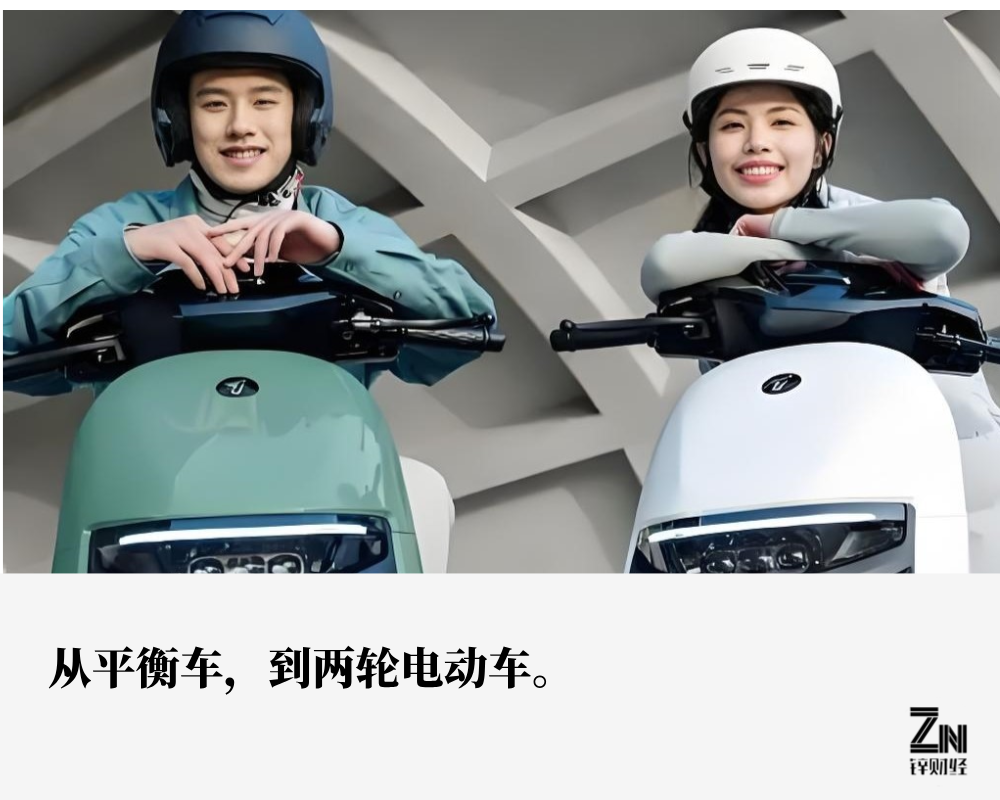
Author | Sun Pengyue
Editor | Dafeng
Has the Ninebot electric bike, priced up to 10,000 yuan, been found to have quality issues?
Recently, the State Administration for Market Regulation released the "Special National Supervision and Inspection Results of Electric Bicycle Product Quality in the First Half of 2024", announcing 21 unqualified manufacturers.
Among them, the Orion electric bicycle TDR005Z ("Orion 5Z") produced by Ninebot was found to have quality issues during a random inspection at a store in Shenzhen. The unqualified items included markings and warnings, vehicle mass, and main circuit protection in charging state.
The Orion 5Z, which was discovered to have quality issues, is one of Ninebot's star products. Launched in October last year under the official name "Ninebot Orion Dz110P," it retails starting at 10,499 yuan.
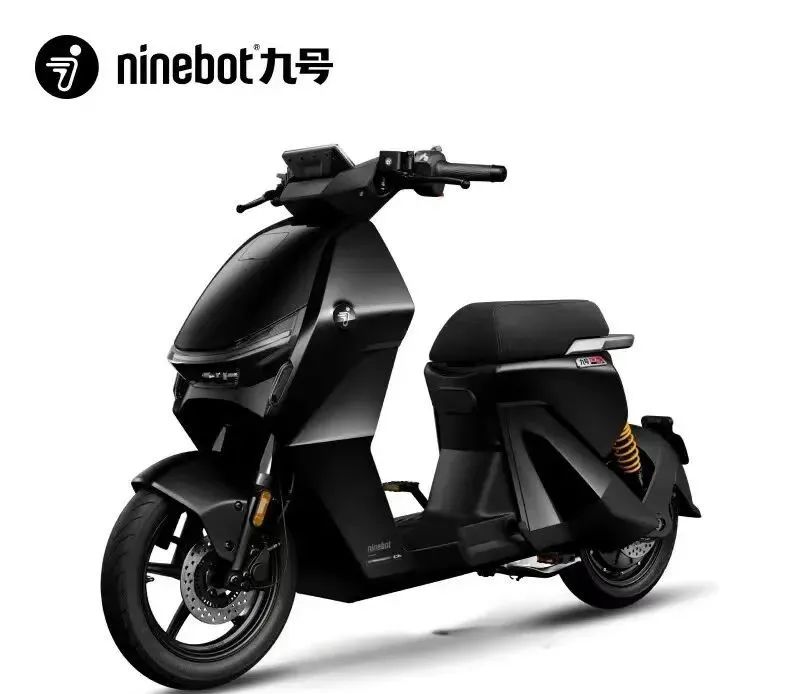
Orion Dz110P
This product has been hailed by enthusiasts as the "strongest electric bicycle on the planet" and is a favorite in cities where motorcycles are banned. It presold over 6,400 units during Singles' Day, making it an undeniable star product for Ninebot.
Affected by the announcement, the "China Compulsory Certification (3C Certification)" for Orion 5Z was revoked on July 26; on August 1, Beijing released the "Deletion of Beijing Electric Bicycle Product Catalog (Batch 42)," indicating that Orion 5Z had been removed due to "significant violations of laws and regulations."
Ninebot responded that the vehicle inspected by the market supervision department in Guangdong was a modified version. Currently, Orion 5Z is no longer shipped to dealers, and the company is strengthening rectification efforts.
Earned 6.6 billion in half a year
Today, Ninebot can be considered the "two-wheeled Tesla," leading the mid-to-high-end smart electric bike market.
According to Ninebot's recently released financial report, the company generated revenue of 6.666 billion yuan in the first half of 2024, a year-on-year increase of 52.2%. Net profit attributable to shareholders of the parent company was 596 million yuan, a year-on-year increase of 167.82%. After deducting non-recurring gains and losses, net profit was 583 million yuan, a year-on-year increase of 175.61%.
Ninebot is not only making money domestically; it also shone brightly at the recently concluded Paris Olympics.
Due to the influx of tourists during the Olympics, Paris's transportation system was nearly paralyzed. The local government responded by deploying 15,000 UrbanA200 shared electric-assist bicycles to meet the demand for tourist transportation.
These 15,000 electric-assist bicycles were all manufactured by Ninebot.
Foreigners are no strangers to Ninebot, especially its "Segway" logo.
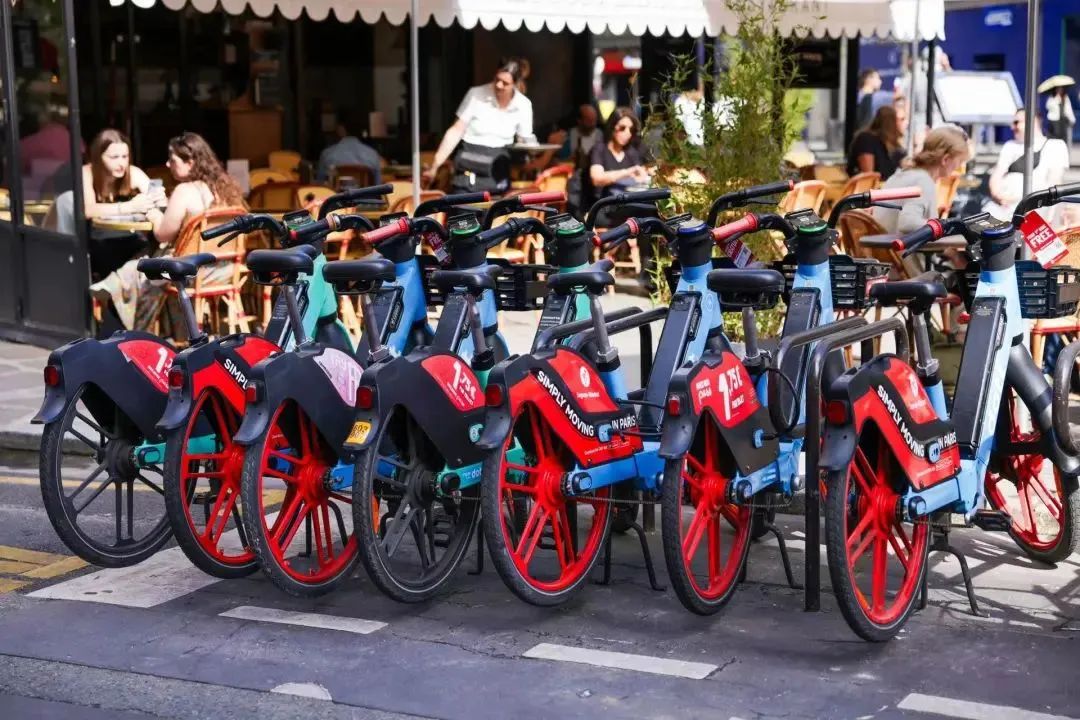
Electric-assist bicycles manufactured by Ninebot
Founded in 2012, Ninebot was once part of Xiaomi's supply chain, receiving joint investments of over 80 million USD from Xiaomi, Sequoia Capital, Shunwei Capital, and others. In 2015, with the support of its backers, Ninebot acquired Segway, the global pioneer in balance bikes, bringing hundreds of patented technologies under its wing and solidifying its position as a global leader in the balance bike market.
At the time, Lei Jun rode a Ninebot-manufactured balance bike onto the stage during a product launch event, effectively giving Ninebot a "Best of the Year" advertising boost. As a result, Ninebot sold 100,000 units in just two months.
Backed by Xiaomi's ecosystem, Ninebot's sales and manufacturing costs far exceeded previous levels, rapidly establishing itself as a leading brand in the innovative short-distance transportation sector within a few years.
Every gift from fate comes at a price.
Ninebot's balance bikes and scooters, manufactured under contract for Xiaomi, sold nationwide through Xiaomi's extensive channels. However, the cost was a significant portion of the gross margin going to Xiaomi. According to data, Ninebot's gross margin through Xiaomi channels was 15.11% in 2019, only one-third of its independent brand gross margin.
In 2020, Ninebot officially listed on the Shanghai Stock Exchange, becoming the first CDR stock on the STAR Market, and gradually began to "graduate" from Xiaomi's ecosystem. From a revenue perspective, Ninebot's revenue from Xiaomi channels accounted for 32.29% in 2021 but dropped to just 4.3% by 2023.
The gross margin also increased steadily, with Ninebot's gross margins from 2020 to 2023 being 27.69%, 23.23%, 25.97%, and 26.90%, respectively. The recently released first-half 2024 gross margin was 30.45%.
Similarly, as the "price" of leaving Xiaomi's supply chain, Ninebot's balance bike and scooter businesses plummeted.
In Ninebot's Q2 2024 financial report, the electric balance bike and scooter businesses generated a combined revenue of 932 million yuan. Among them, revenue from independent brand retail scooters was 728 million yuan, shared scooters contributed 126 million yuan, and balance bikes accounted for less than 100 million yuan in revenue.
It can be said that there is a clear watershed in Ninebot's development. Before Xiaomi, it focused on technology-driven balance bikes; after Xiaomi, it transformed into an offline-focused, practical two-wheeled electric vehicle company.
Continuously tapping into market trends and new demands
Balance bikes and scooters have gradually shifted from being the primary business to secondary and tertiary businesses. This shift is not solely due to Ninebot's departure from Xiaomi but also because balance bikes and scooters are not well-suited to domestic traffic conditions.
Balance bikes and scooters have never had road rights in China and cannot be licensed, limiting their use to ultra-short distances of two to three kilometers. Furthermore, since 2021, subways have increasingly banned carrying large-capacity lithium battery products, further hindering this business.
Moreover, 99% of domestic tourist attractions do not allow the entry of balance bikes and scooters, further narrowing their market space.
Ninebot had to upgrade its original secondary business line of two-wheeled electric bikes to a core business. Then, Ninebot stumbled upon a market trend in the two-wheeled electric bike industry: the "new for old" replacement triggered by the new national standard.
On April 15, 2019, the newly revised "Technical Specification for Electric Bicycle Safety" was issued, adjusting and improving technical requirements such as maximum speed, vehicle mass, and pedal riding capability to ensure public safety.
The new national standard sparked a wave of two-wheeled electric bike upgrades and replacements, resulting in substantial profits for two-wheeled electric bike brands.
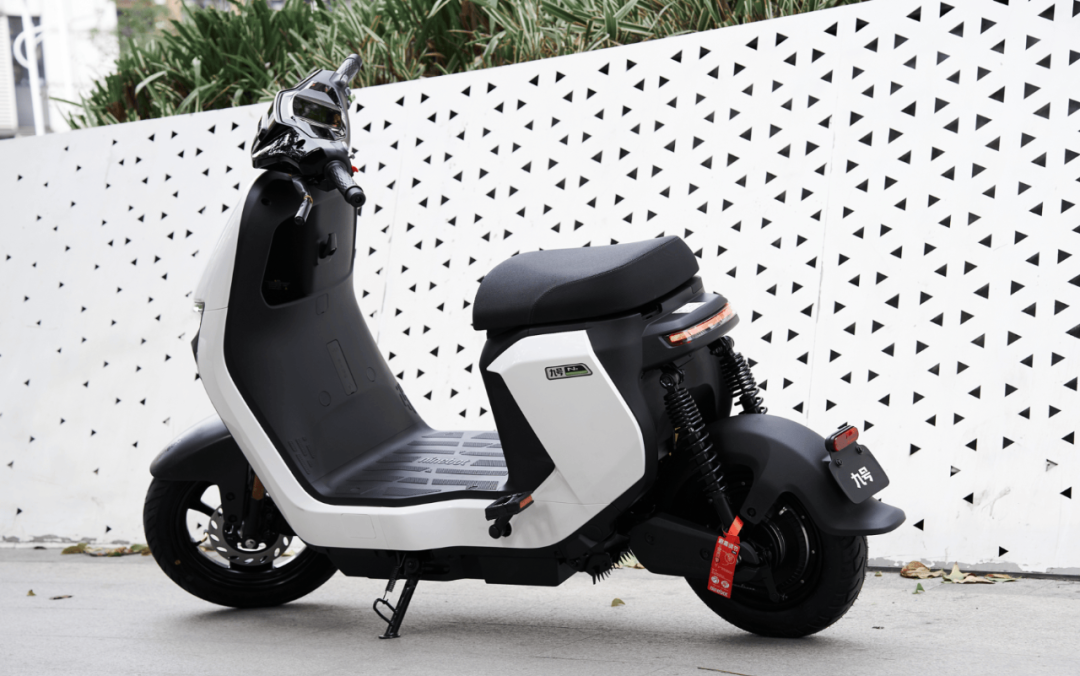
Ninebot two-wheeled electric bike
Amid this trend, Ninebot chose not to follow the strategy of established players like Yadea and Aima by focusing on low-priced products (1000-2500 yuan range) but instead embarked on a "technology war." Leveraging its technological expertise gained from balance bike manufacturing, Ninebot infused its products with a technological background to differentiate itself.
As a seasoned player in Xiaomi's ecosystem, Ninebot has the natural advantage of being an internet company transforming into the traditional industry. It can leverage online traffic to significantly boost orders for dealers.
With "intelligence" as its core, Ninebot focuses on mid-to-high-end electric two-wheelers, mimicking the styling of scooter motorcycles and incorporating long-range battery technology to enhance product performance and user experience.
In this cyclical incremental market, which also coincides with the surge in new energy vehicles, many two-wheeled electric bike users are attracted to long-range batteries and intelligent operations. This mindset of "if I can't afford a four-wheeled vehicle, I can at least afford a two-wheeled one" has driven consumer upgrades and sparked a new demand for technology behind two-wheeled electric bikes, igniting a wave of "premiumization" in the market.
By continuously tapping into these trends and demands, Ninebot has been on an upward trajectory.
According to the "China Two-Wheeled Electric Vehicle Industry Research Report" released by iResearch, Ninebot's smart two-wheeled vehicles have ranked first in online sales for two consecutive years, and first in the intelligence ranking for three consecutive years. It also holds a leading position in the online sales share of high-end models priced above 4,000 yuan.
Following Niu's mid-to-high-end route
Ninebot's market position is inseparable from the sharp insights of its senior management, but there are also suspicions of less-than-honorable "following the trend" and "copying."
The concept of mid-to-high-end smart electric bikes emphasizing "lithium batteries" and "intelligence" was originally proposed by an older player in the field, Niu Technologies.
Founded in 2014, Niu Technologies was once a pioneer in the mid-to-high-end smart electric bike sector. Today, Ninebot's primary focus is on the same path once tread by Niu Technologies.
Unfortunately, Niu Technologies, which once dominated the mid-to-high-end smart electric bike sector, saw its founder Li Yinan become captivated by "new forces in automotive manufacturing." In 2020, he led Niu Technologies towards the "four-wheeled" automotive manufacturing path.
Li Yinan founded Niutron Automotive Technology Co., Ltd. and launched the brand "NIUTRON," known in Chinese as "Ziyoujia." In the new energy sector, this brand can hardly be described as lukewarm; it can only be said to have disappointing sales figures.
This decline has indirectly affected Niu Technologies, allowing Ninebot to seize the mid-to-high-end smart electric bike market.
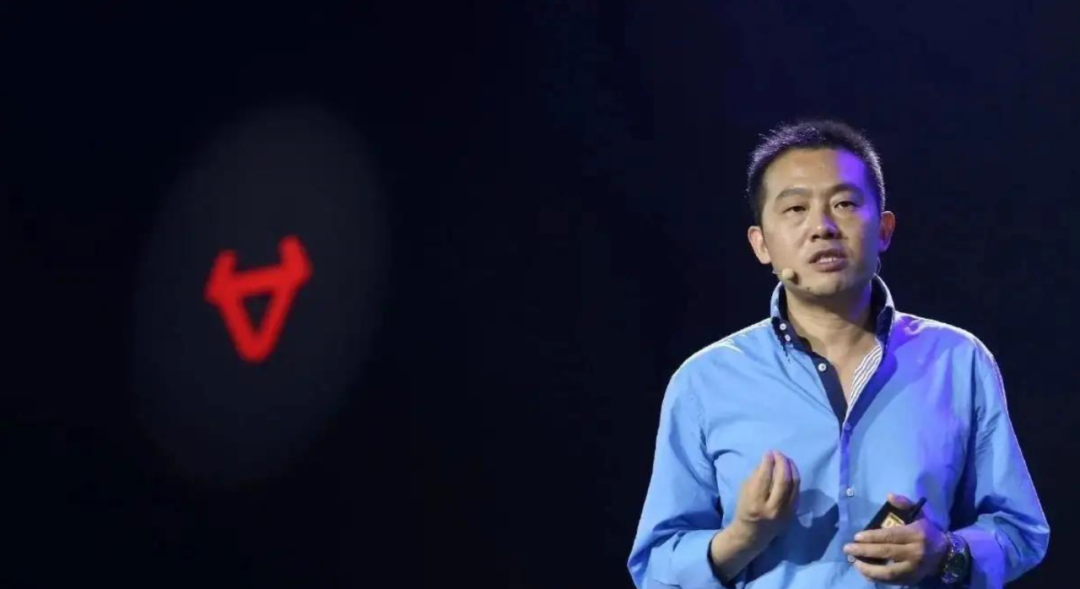
Li Yinan, founder of Niu Technologies
It must be said that Ninebot has had incredible luck!
From its inception, it was spotted by Xiaomi, leveraging the support of numerous investors to successfully acquire Segway, transforming from an unknown player in the industry into a leader in balance bikes with hundreds of patented technologies.
After "graduating" from Xiaomi, Ninebot abandoned balance bikes and transitioned to two-wheeled electric bikes, coinciding with the implementation of the new national standard and the consumption upgrade in the two-wheeled electric bike market.
Coupled with Niu Technologies' "unfocused" strategy, which allowed Ninebot to seize the mid-to-high-end smart electric bike market...
However, regardless of how impressive the battery life or intelligence of the operating system may be, two-wheeled electric bikes, as a mode of transportation, are crucial to traffic safety, and their quality is paramount.
Let's hope this quality issue is an isolated case rather than the tip of an iceberg.







